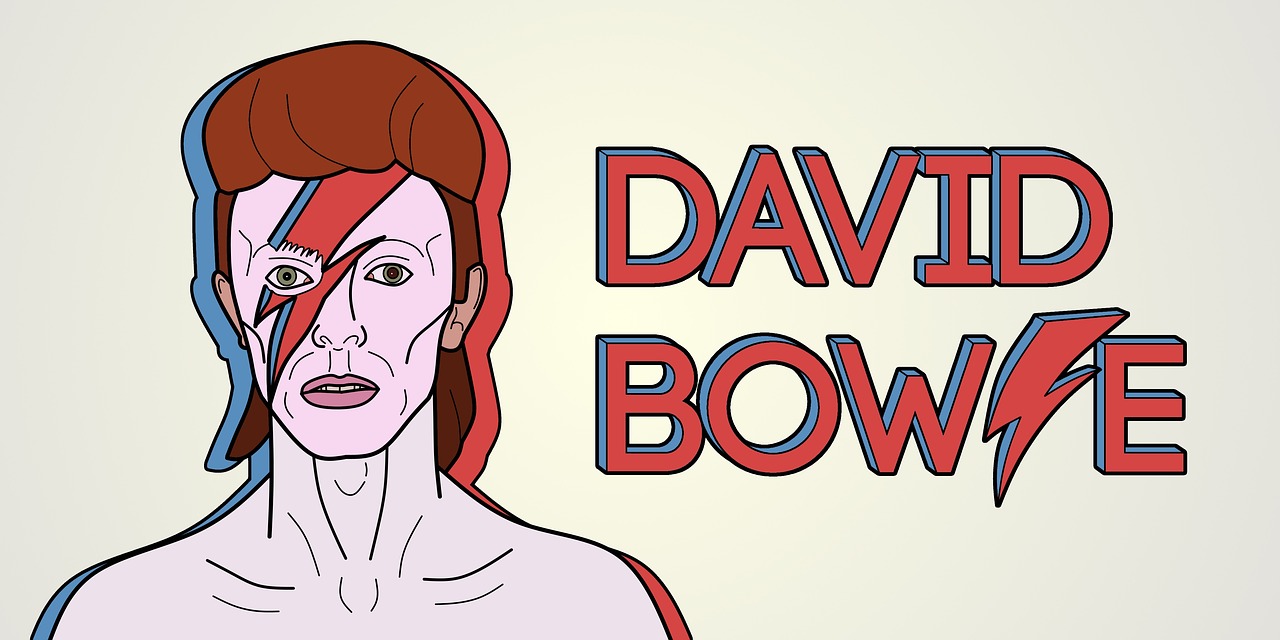Lawyers for David Bowie’s estate have asked any “secret love children” of the late rock icon to step forward to claim a part of his estate. You may want to think about unknown heirs making a claim on your estate when doing your own estate planning. You may not live the rock star lifestyle, but careful drafting of your Will can ensure that only those you want to benefit are included in your Will.
When benefiting your children, or the children of others named in your Will, you typically have two options in how you refer to them. One is to call them “issue” (e.g. “my issue”) and the other is to name them directly (e.g. “my son JOHN SMITH”). The advantage of using issue is that it is broader and can allow you to include children who were not born at the time of drafting; a good option if you are younger and expect to have more children. The disadvantage, however, is that it may be too broad. The term “Issue” under Ontario law includes the children of natural parents, born within or outside of marriage, and all adopted children. This broad definition can lead to unknown heirs being entitled to a portion of your estate. Naming children directly allows you more control, but requires you to amend your Will more often to avoid excluding any children not born when the Will was drafted.
A third option is to restrict the definition of “issue” in your Will. Restrictions made in the Will supersede Ontario legislation with respect to the definition of “issue”.
While the concern over “secret love children” may not apply to you, it may apply to others included in your Will leaving your estate vulnerable. For example, you may want to include a friend or relative in your Will, and may want to allow this gift to pass on to their children if they are not alive at your death. If there is concern that they may have unknown children, it may be wise to either directly name those of their children whom you want to benefit in your Will or restrict the definition of “issue” as it is used in your Will.

